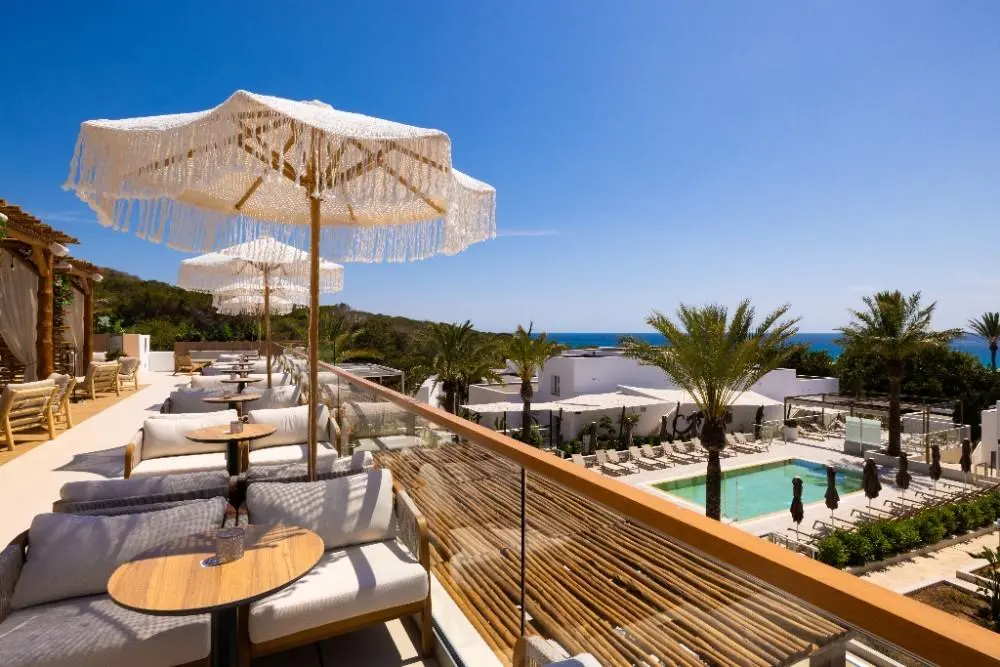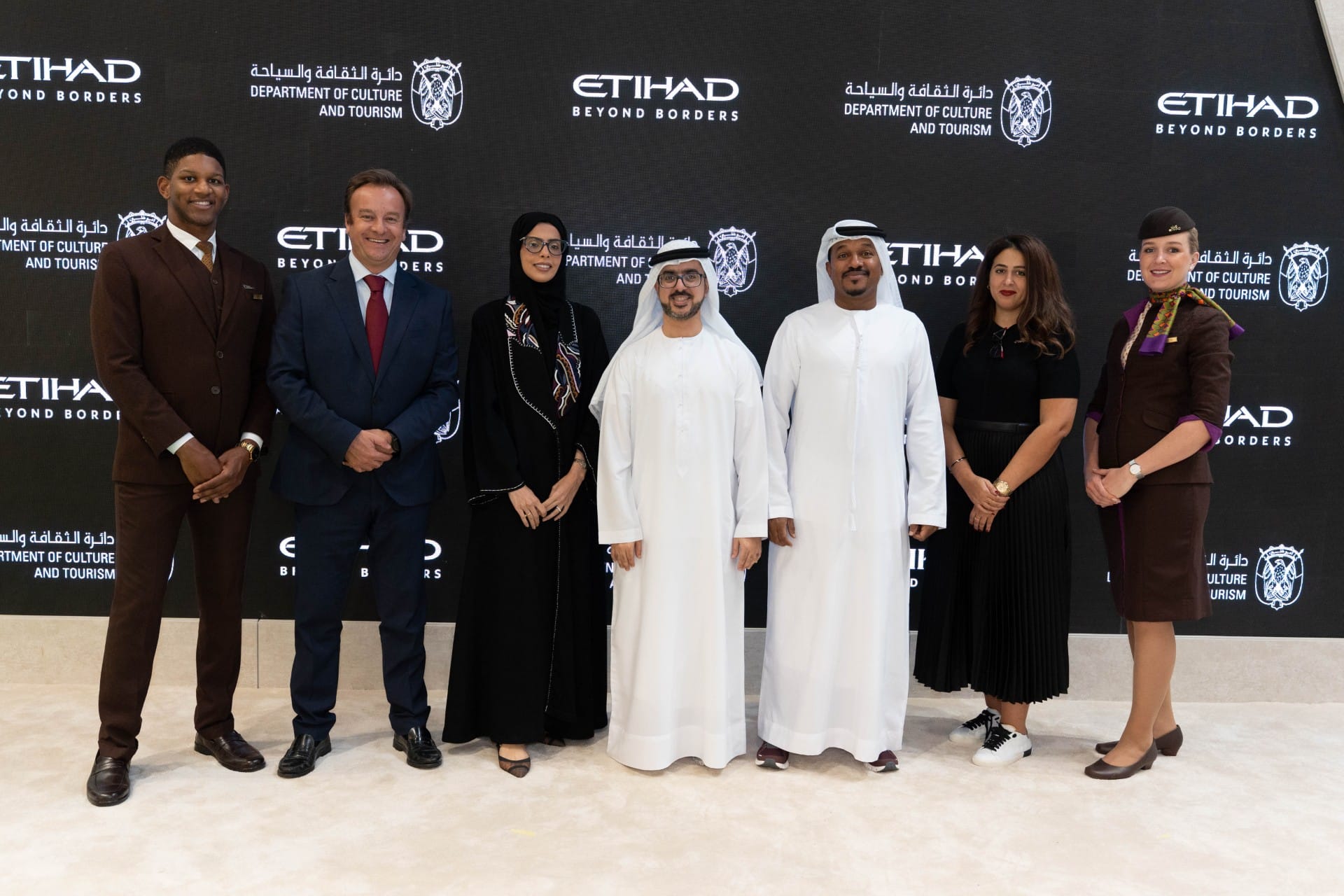The Philippines' blue economy: Charting a sustainable future

AS the world grapples with the urgent challenges posed by climate change and environmental degradation, the concept of a blue economy has emerged as a beacon of hope for sustainable development, especially for blue nations like the Philippines. Recognizing the vast potential of its marine resources, the Philippines is taking significant strides toward nurturing a blue economy that not only aims for economic growth but also prioritizes the health and preservation of its marine ecosystems.
At the forefront of this transformative journey is the proposed Blue Economy Act, encapsulated in Senate Bill 2450. This landmark bill seeks to establish a structured framework for the sustainable management and utilization of the Philippines' marine wealth. By emphasizing sustainable practices, the proposed act is poised to serve as a cornerstone of the national economic strategy, fostering resilience against climate change adversities while promoting the responsible use of ocean resources.
The Blue Economy Act serves as a vital legislative tool aimed at balancing the imperatives of economic development with ecological integrity. It recognizes that the oceans are not just a source of livelihood for millions of Filipinos but are also critical to our national identity, cultural heritage and food security. The act outlines comprehensive strategies for sustainable fisheries, marine conservation and the promotion of ecotourism, all while enhancing the livelihoods of coastal communities.
Moreover, the act's passage will signal a significant commitment from the government to prioritize marine resource management, demonstrating that ecological sustainability can coexist with agricultural and industrial development. It serves as a response to current environmental challenges as well as a proactive measure to ensure that future generations inherit a healthy and vibrant marine environment.
While the Blue Economy Act provides important guidelines, it is equally vital to develop a National Ocean Environments Policy that operationalizes these principles within a broader strategic framework. This policy will serve as a guiding document to ensure coherent actions across various sectors and government levels, addressing the interconnected vulnerabilities faced by marine ecosystems and local communities.
In his presentation during the forum on "Strengthening Philippines-France Cooperation for a Sustainable Blue Economy," Environment Undersecretary Augusto Dela Peña said: "Our ecosystems are interconnected from ridge to reef, yet despite our marine biodiversity and conservation efforts, many of these development activities still do not consider these linkages. A comprehensive, science-based ocean environments policy framework is intended to bridge these gaps."
"A robust National Ocean Environments Policy would prioritize key areas such as marine biodiversity protection, climate resilience in coastal communities, sustainable fisheries management and technological innovations," he continued.
International collaboration
As the Philippines embarks on this journey, international collaboration plays a pivotal role. The said forum, jointly organized by the Stratbase Institute and the Embassy of France to the Philippines and Micronesia, emphasized the importance of partnerships in fostering knowledge exchange and innovative solutions. France, which is co-hosting the 2025 United Nations Ocean Conference, is a recognized leader in marine conservation and sustainable fisheries, and can provide valuable expertise that aligns with the Philippines' goals in the blue economy.
Both blue nations can explore joint initiatives that enhance marine biodiversity, promote climate resilience and develop sustainable coastal resource management strategies. These collaborative efforts will not only benefit the Philippines but also contribute to global objectives for ocean conservation, particularly in the context of the United Nations Sustainable Development Goal 14, which advocates for the sustainable use of oceans, seas and marine resources.
(From left) Stratbase Institute CEO Victor 'Dindo' Manhit and the author.PHOTO BY LUDWIG FEDERIGAN
As we advance toward a sustainable future, it is imperative that all stakeholders, policymakers, local governments, businesses and communities unite to support the passage of the Blue Economy Act and the National Ocean Environments Policy. Building a resilient blue economy depends on our collective commitment to safeguarding our oceans and harnessing their potential responsibly.
Investing in the sustainable development of our coastal and marine resources is not just an environmental necessity but an economic, social and cultural imperative. The oceans' health directly impacts the livelihoods of millions of Filipinos and the richness of our biodiversity. We must embrace this opportunity to forge a resilient path forward for our marine ecosystems while securing the future for generations to come.
As the Philippines continues on this vital journey toward building a blue economy, the integration of sustainable practices, strong legislative frameworks and partnerships will be instrumental. We must chart together a course that prioritizes the health of our planet alongside the prosperity of our people. Our oceans are our lifeline — protecting them is a collective responsibility that we must embrace wholeheartedly.
The author is the founder and chief strategic advisor of the Young Environmental Forum and a director of Climate Tracker Asia Inc. He completed a climate change and development course at the University of East Anglia (UK) and an executive program on sustainability leadership at Yale University (USA). You can email at ludwig.federigan@gmail.com.
What's Your Reaction?
 Like
0
Like
0
 Dislike
0
Dislike
0
 Love
0
Love
0
 Funny
0
Funny
0
 Angry
0
Angry
0
 Sad
0
Sad
0
 Wow
0
Wow
0








































